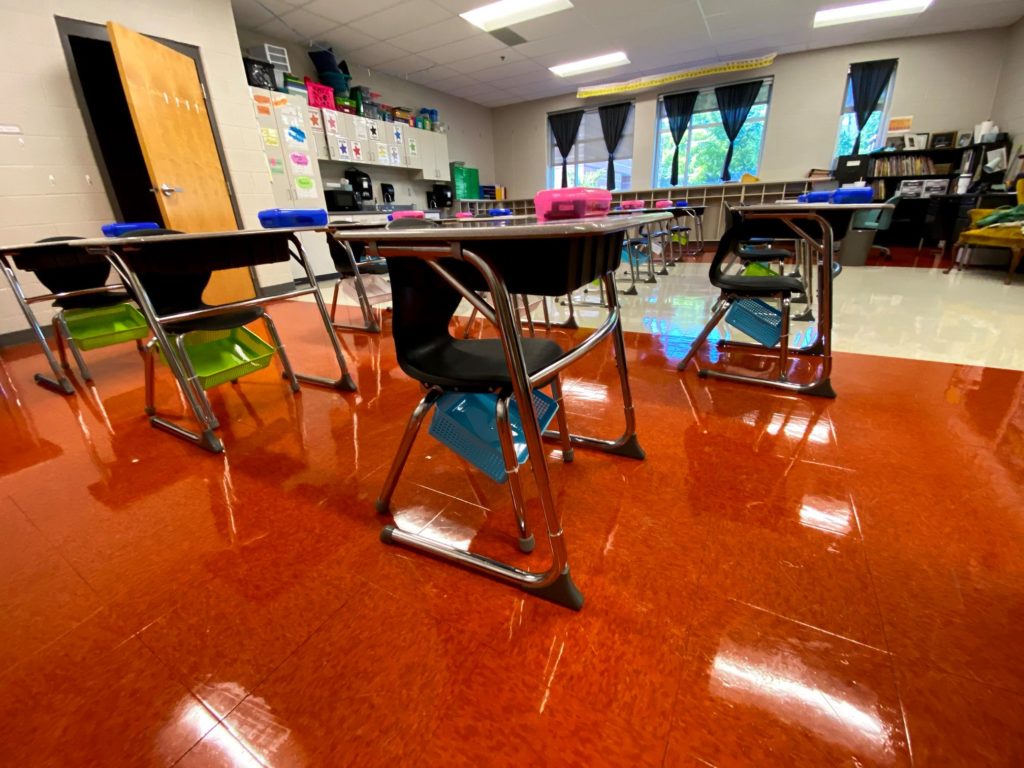
It may soon be easier for Tennessee schools to remove students with disabilities from classrooms. But advocates worry the removals may be overused and make behavioral assessments of these students less effective.
The Tennessee Board of Education is considering a rule that will allow schools to remove students with disabilities that are a “disruptive force” from classrooms to a more restrictive environment. Typically, teachers needed to complete a functional behavioral assessment or revise a behavior assessment plan before removal, per a 2022 state law.
The Tennessee Department of Education noted that teachers expressed having great difficulty educating students with disabilities who are presenting significantly dangerous or disruptive behavior. The proposed rule would allow teachers to conduct behavioral assessments after the student has been removed from the classroom to a more restrictive environment.
A behavioral assessment is a process to understand a student’s challenging behavior and provide a plan to fix the problem. It takes about 60 days.
Overuse and ineffective assessments
Some worry assessments conducted post-classroom removal will be less effective. One of those people is Emily Whitson. She helps families understand their special education rights through her work at the Arc of Tennessee — an organization that assists people with intellectual and developmental disabilities.
“If you move them to a different setting and do the functional behavioral assessment, you may not be seeing the same behaviors or the same function of the behavior,” she told WPLN. “Unlike if you stay in the environment in the classroom where they were, you can actually see maybe why the behavior is happening and actually come up with a better behavior intervention plan.”
She also expressed concerns about the language of the proposed rule being too broad and vague. She took issue with a student being deemed a “disruptive force” if the student’s behavior is a distraction to classmates.
“My main concern is that we’re not doing this overly for every child who might be having some disruptive behaviors,” she said.
Still, Whitson acknowledged that there are instances where it’s necessary to remove a student from the classroom before conducting a formal behavioral assessment. Like, when students become dangers to themselves or their classmates, or if their behavior is so disruptive that the entire classroom must be cleared of students on a regular basis.
Parents also have a say
The Individuals with Disabilities Act and state law require that students with disabilities are educated alongside their peers as much as possible. Whitson stresses that removing students from their classrooms should only happen after an individualized education plan (IEP) meeting has taken place. An IEP is a plan for a student with a disability to receive specialized instruction and related services, developed by a team.
This team, Whitson noted, includes the student’s parents. She regularly attends IEP meetings with families and she wants parents to know that even if the rule is approved, they have a say in what happens.
“It’s an IEP team decision,” she said. “Not just that school decision.”

